E-waste mining - An under-exploited precious metal mine in urban areas
At least 10 billion USD are thrown into landfills every year in the world . This is a startling number. Indeed, it is hard to imagine that inside an old discarded computer or phone there are many precious metals such as gold, lithium, cobalt... which are highly valuable in the modern electronics industry. Many experts compare the mountains of electronic waste in urban areas to "gold" mines waiting to be exploited.
According to the United Nations Global E-Waste Monitor 2024, people worldwide have thrown away a record 62 million tonnes of electronic devices. Per capita, Norway is the country with the highest amount of waste, 27kg/person in 2022.
However, less than a quarter of the world’s e-waste is recycled. Most of it is burned in the open, wasting materials and releasing toxic substances. This shows the role of recycling in recovering precious metals from e-waste that would otherwise be a serious waste.
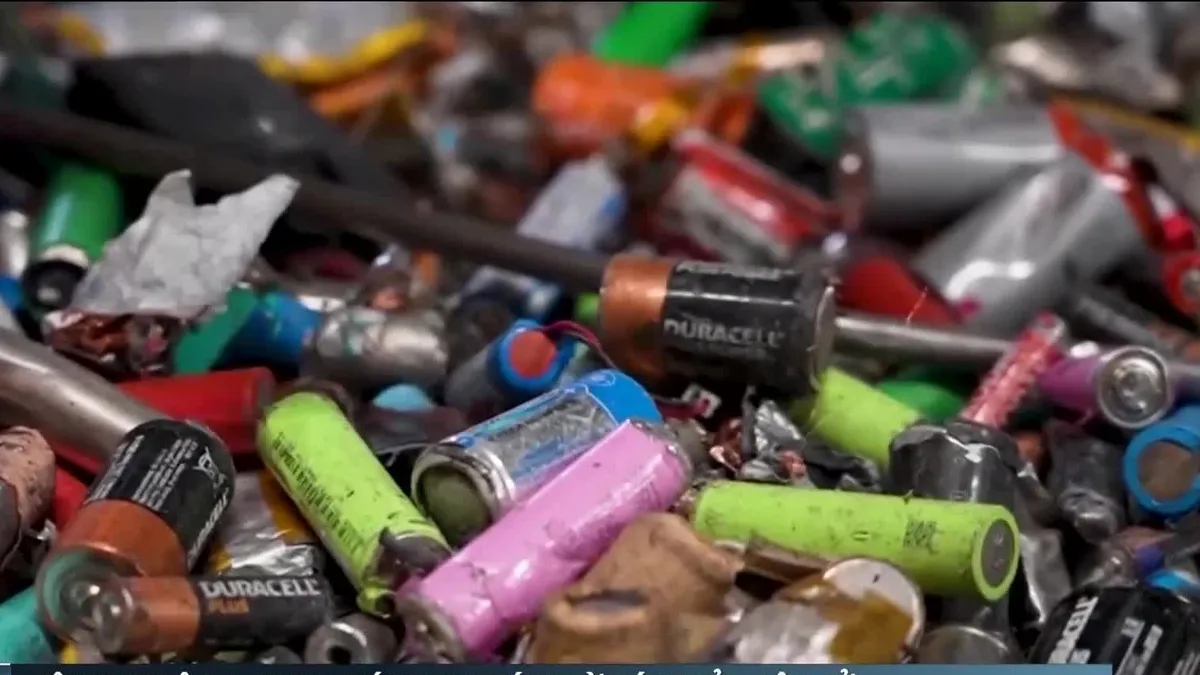
Currently less than a quarter of the world's electronic waste is recycled.
AI technology exploits "treasure" from electronic waste
In the UK alone, it is estimated that households throw away around 103,000 tonnes of electronic devices each year. This not only contributes to the overload of landfills but also wastes nearly £1 billion. In response to this situation, a start-up here has come up with a breakthrough solution called Artificial Vision System, which detects materials such as batteries and electronic devices in household waste, then sends them for specialized recycling.
Inside seemingly worthless used batteries is a treasure trove of forgotten treasure: lithium, cobalt, gold, palladium, and rare earth elements vital for next-generation magnets and batteries. The problem is, when these devices reach the end of their useful life, they are often thrown into the household trash, causing many of the essential metals to leak into landfills each year.
"Inside our electronics are technological metals that we import at great expense, and we have them in a mine in the middle of our cities. It's absurd that we're throwing so much away while we're mining new resources," said Scott Butler, CEO of Material Focus.
The rise of cheap, fast tech like headphones and chargers has accelerated the trend of waste, with people buying and throwing away hundreds of millions of items each year. The boom in disposable e-cigarettes in particular has accelerated the loss of technological metals.
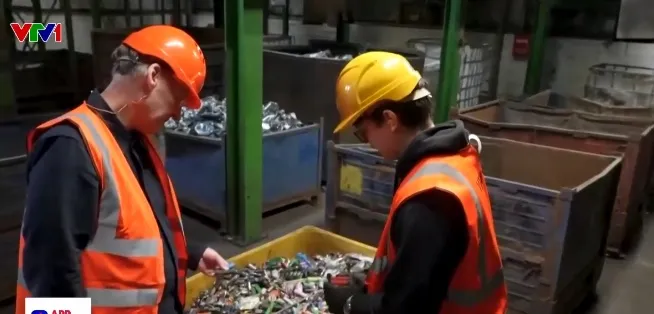
Inside those seemingly worthless used batteries is actually a forgotten treasure trove.
The LionVision Artificial Vision (AI) system has been deployed at an e-waste recycling plant in the town of Sittingbourne, Kent, England. Instead of relying on inefficient manual sorting, the AI is programmed to serve a clear economic goal – maximizing material recovery. The system uses cameras to continuously scan the waste stream on a conveyor belt. The AI instantly identifies and highlights the highest-value items such as lithium-ion batteries and disposable e-cigarettes – which are concentrated sources of lithium and cobalt.
Once identified, a pneumatic blower pushes these items out of the mixed waste stream. This process not only separates batteries to avoid the risk of explosion – a major problem for sorting facilities – but also creates a clean, high-value stream of raw materials for specialized recycling facilities.
"The system is constantly updated with training data to adapt to new brands and types of batteries, ensuring the economics of recovering industrial metals," said George Hawkins, a machine learning engineer.
Better sorting at an early stage, as LionVision is doing, can significantly boost the recovery of precious and essential materials. This reduces dependence on raw material imports, stabilizes supply chains, and reduces production costs in the long run.
Dangers from spontaneous e-waste mining
It can be seen that technology plays an extremely important role in the gold mining from electronic waste. Without advanced technology and strict guidelines and management, spontaneous electronic waste mining can lead to unpredictable health consequences that cannot be compensated by the money earned.
A stretch of road in Manila, the capital of the Philippines, is home to hundreds of people whose job is to dismantle electronic waste. Using rudimentary tools, often a pair of pliers, they disassemble old laptops and air conditioners, extracting the metals inside, such as nickel, aluminum and copper, and sell them to second-hand stores.
Mr. Sammy Oligar - Filipino said: "When disassembling computer circuit boards, you can get 470 pesos for 1kg of copper and aluminum obtained."
470 pesos is equivalent to more than 200 thousand dong. For many workers in the Philippines, this is a large sum. However, the trade-off is their health. For example, the circuit boards have a particularly high concentration of toxic metals, which can cause neurological damage when inhaled.
"I know it's toxic. But I have to continue working to support my family," said Mr. Dexter Barsigan, a Filipino.
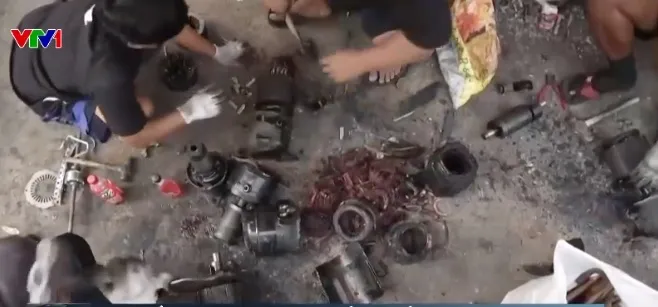
Spontaneous e-waste mining can lead to unpredictable health consequences.
According to the United Nations Global E-Waste Monitoring Programme, the Philippines is one of the biggest e-waste producers in Southeast Asia, generating about 600,000 tonnes by 2022. Dismantlers working at licensed facilities must follow strict guidelines.
But those working spontaneously lack the training, regulations and protective equipment needed to properly protect themselves. For example, to separate copper, people often burn the wire, which is faster than stripping it by hand, but in return releases a toxic mixture of chemicals including lead and mercury into the air.
Currently, the Philippines’ e-waste recycling capacity is very limited and cannot keep up with the rate of waste generation. E-waste here is still handled in three main ways: home storage, spontaneous manual dismantling and landfill.
"Trying to find gold from trash": Technology and effective management are needed
Although considered an "urban gold mine" with precious metal content many times higher than traditionally mined ore, electronic waste is not something that can be mined spontaneously.
For mining to bring higher economic value, copper must be safe for health, currently many new technologies are being applied such as biological mining, hydrometallurgy, heat treatment... Currently, Switzerland, Germany and Japan are the leading countries in the rate and technology of recycling electronic waste.
Source: https://vtv.vn/dai-vang-tu-rac-dien-tu-10025101610514567.htm


![[Photo] General Secretary To Lam attends the 18th Hanoi Party Congress, term 2025-2030](https://vphoto.vietnam.vn/thumb/1200x675/vietnam/resource/IMAGE/2025/10/16/1760581023342_cover-0367-jpg.webp)


![[Photo] Conference of the Government Party Committee Standing Committee and the National Assembly Party Committee Standing Committee on the 10th Session, 15th National Assembly](https://vphoto.vietnam.vn/thumb/1200x675/vietnam/resource/IMAGE/2025/10/15/1760543205375_dsc-7128-jpg.webp)



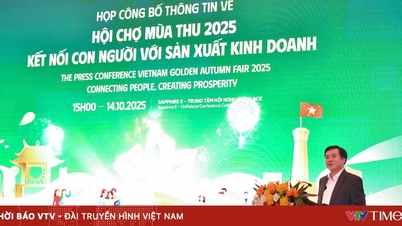
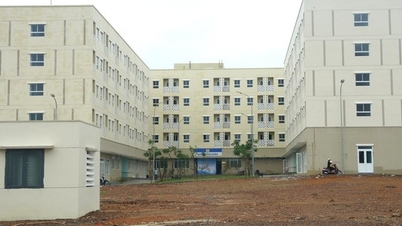

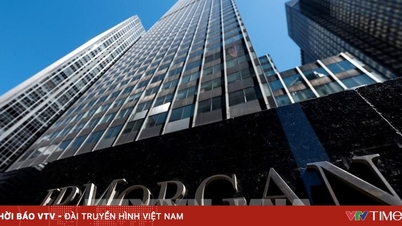
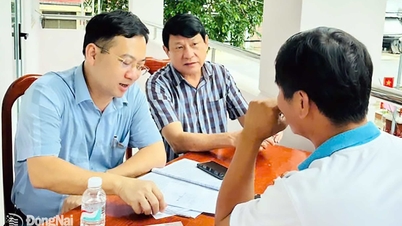



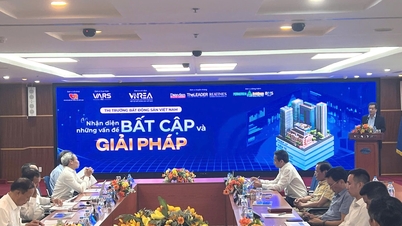

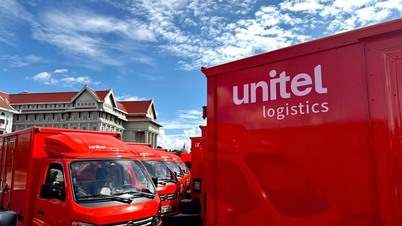


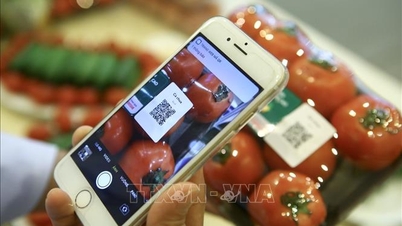


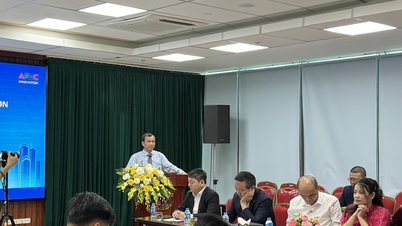




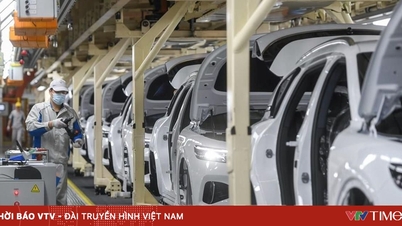

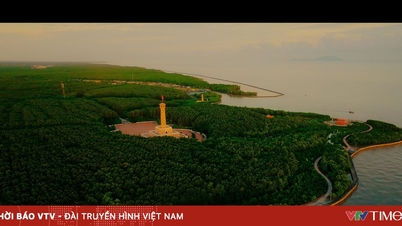











![[Video] TripAdvisor honors many famous attractions of Ninh Binh](https://vphoto.vietnam.vn/thumb/402x226/vietnam/resource/IMAGE/2025/10/16/1760574721908_vinh-danh-ninh-binh-7368-jpg.webp)



























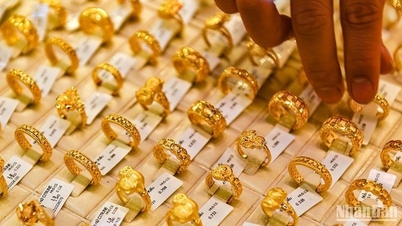
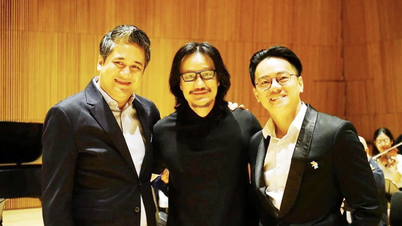
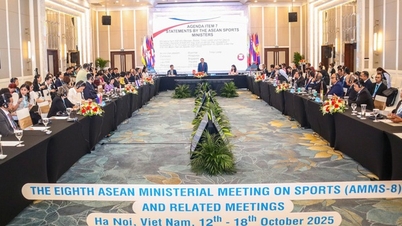




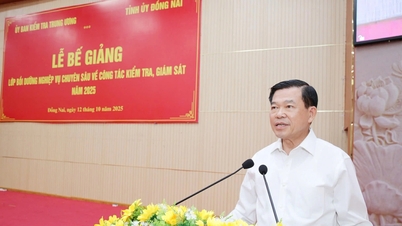



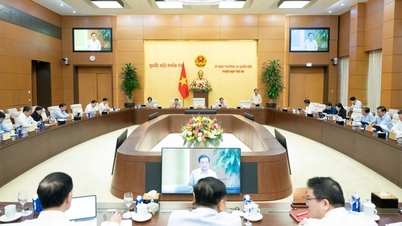




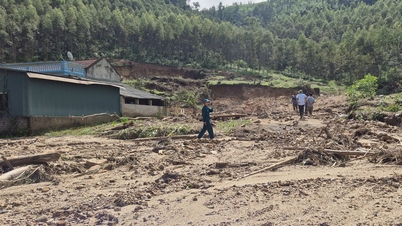

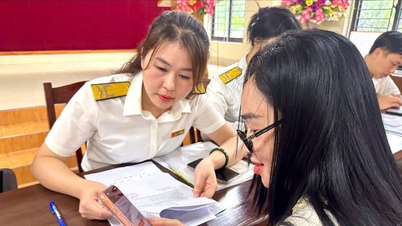

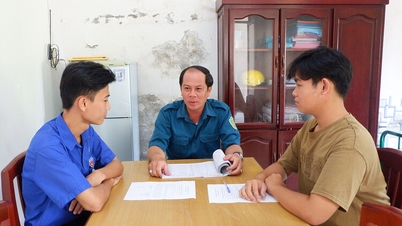
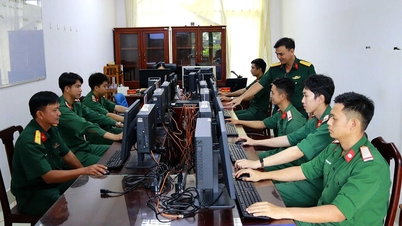











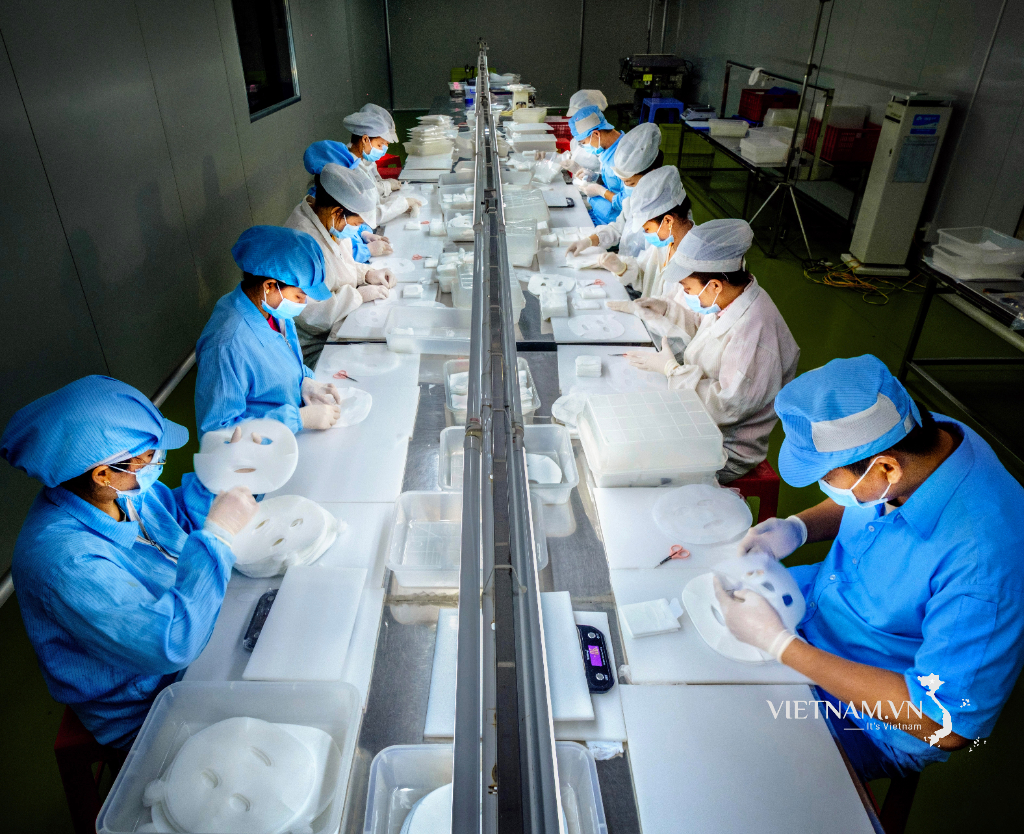



Comment (0)